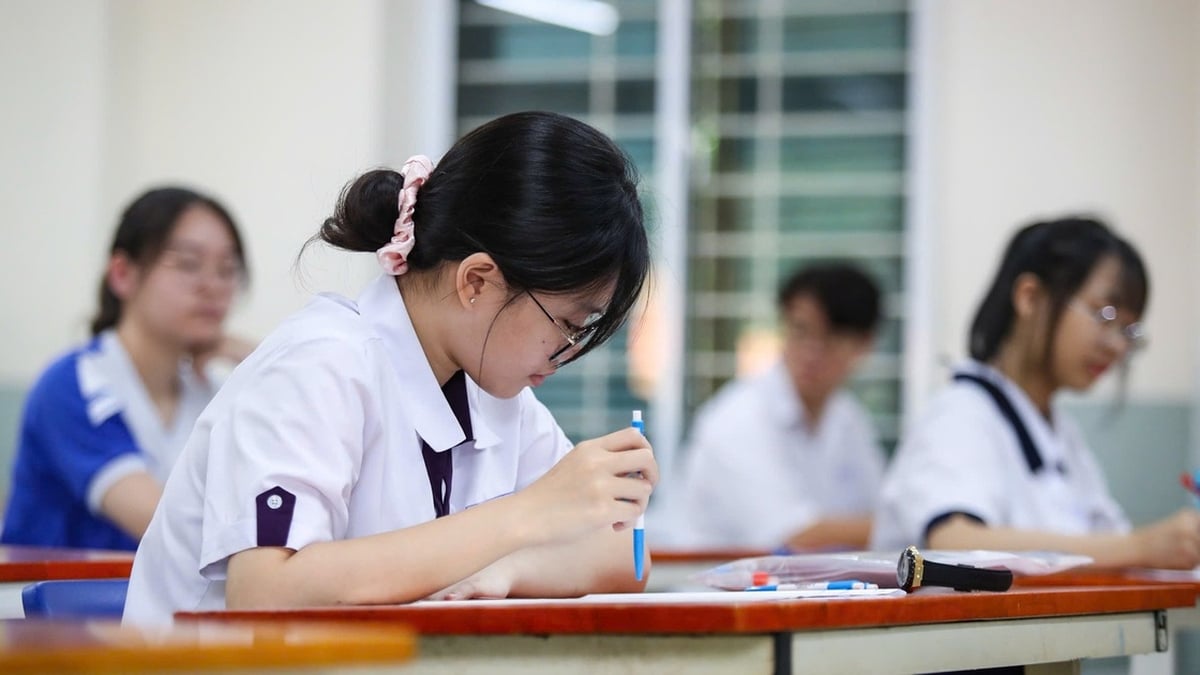The UK government plans to stop most international students bringing family members to the UK.
Currently, those taking postgraduate courses can bring their partners and children with them. However, that will change from next year as the UK looks to reduce net migration.
Students from China and India, who make up nearly a quarter of the country's total student population, will be among the hardest hit.

Students at the University of Liverpool. Photo: Reuters
The new laws do not apply to those entering postgraduate research programs.
One international student who brought his family along on his postgraduate course is Sourabh Mangal, who is studying project management at the University of Liverpool.
He said his top priority when considering which country and university to attend was whether his wife and son could join him.
“If you are doing a six-month or a year intensive course, I can understand if your family is not around. But if you are doing a masters or a PhD, having your family around is very important because it gives you moral support,” Sourabh said.
He added that if he had not been allowed to bring his family with him, he would not have considered coming to the UK and might have looked elsewhere such as Canada instead.
The Home Office says that while it wants more international students to come to the UK to study, the number of dependants they bring with them has reached unsustainable levels.
Last year, nearly 136,000 visas were issued to student dependents – up more than eightfold from 16,000 dependents in 2019.
Both student and dependent visas allow holders to work in the UK. The UK government says the visas are being abused as a back door to finding work.
There are also concerns that dependents are competing with locals for housing and jobs.
Some worry that the changes risk affecting the $33 billion a year that international students bring to the country's economy .
Others worry that reducing the number of dependents will exacerbate an already painful labor shortage, as they are currently making up for the shortage of domestic workers.
Mai Van (according to Reuters, CNA)
Source



































































































Comment (0)